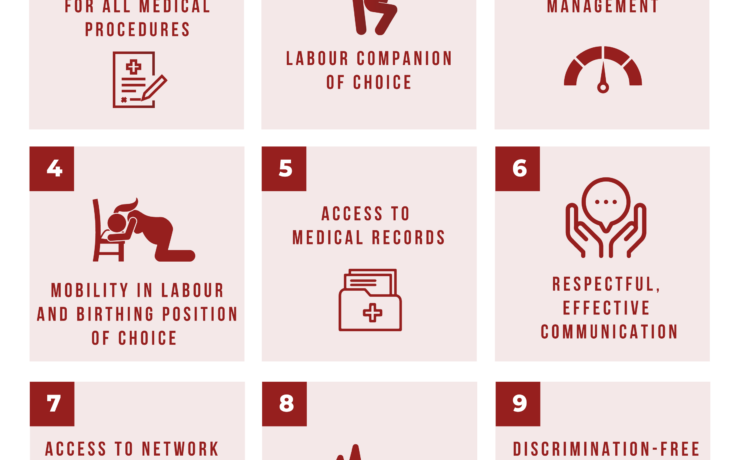
A Journey into Indigenous Maternal Care
The challenges faced by this community are a shared responsibility, and through collaboration, we can pave the way for a brighter, more inclusive future for maternal care.

The challenges faced by this community are a shared responsibility, and through collaboration, we can pave the way for a brighter, more inclusive future for maternal care.
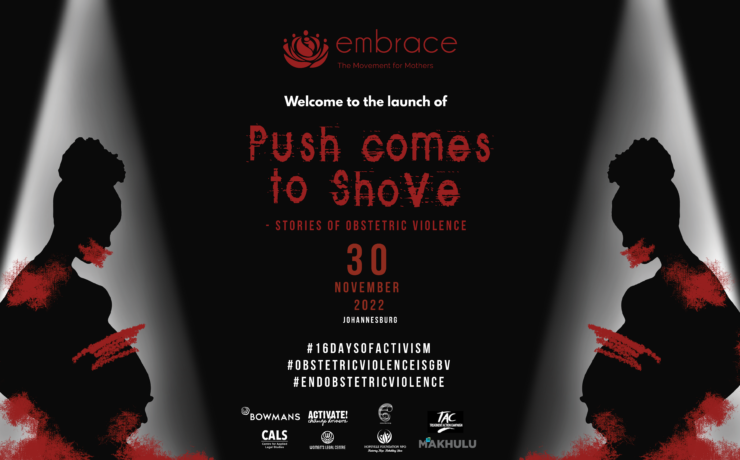
After a year of careful planning, learning, listening and conversing, Embrace, the Movement for Mothers, has launched a series of short films in partnership with Makhulu Media that exposes the pervasiveness of obstetric violence in South Africa.
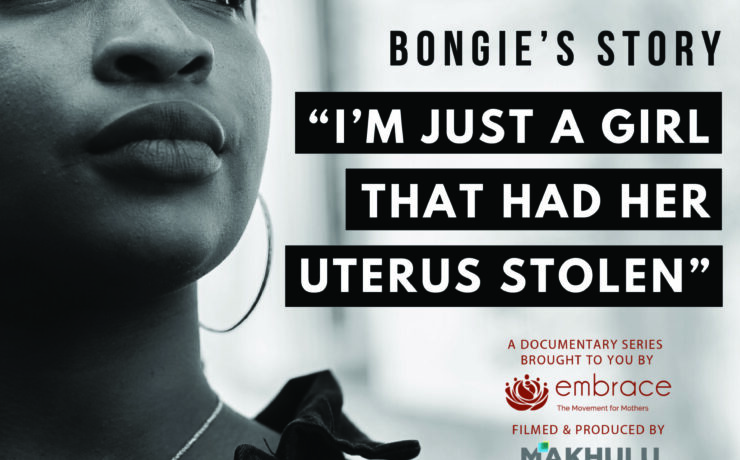
Coinciding with the internationally recognised 16 Days of Activism period, Embrace, a social movement for mothers, teamed up with filmmakers and impact agency Makhulu Media to expose the extent of obstetric violence in our country. Through research and interviews, Push Comes to Shove, shows that obstetric violence is a common yet preventable barrier to accessing quality and dignified healthcare.
Feminists have long been lobbying for obstetric violence to be recognised as a form of gender-based violence (GBV). We welcome the 2022 Presidential Summit on GBV and Femicide’s conclusion that obstetric violence is gender-based violence.
If you’ve been following our #16DaysofActivism campaign, you would have seen that we’ve been raising awareness of a much-neglected aspect of gender-based violence (GBV): #ObstetricViolence. Obstetric Violence (OV) refers to the mistreatment of birthing people by health care providers during pregnancy and childbirth and is
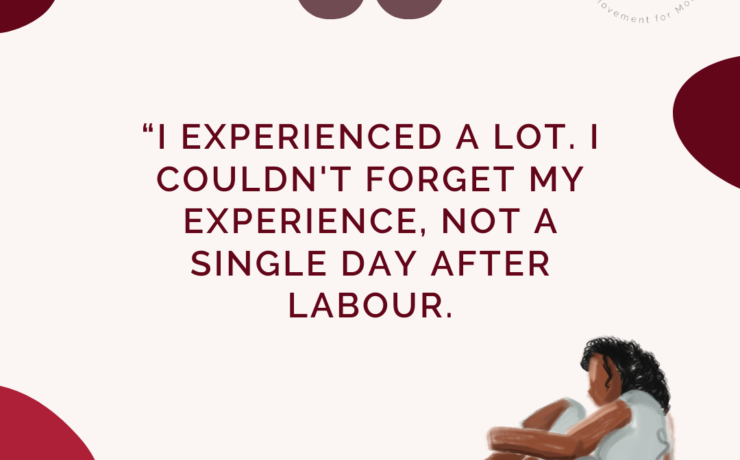
This normalised state of violence against women and birthing people seeking healthcare has an enduring, negative impact on maternal health outcomes and early childhood development. The abusive treatment of women and girls in maternity services is a form of gender violence that reflects the broader societal devaluation of women and girls in South Africa and the normalisation of violence against them, particularly marginalised and impoverished women and girls.
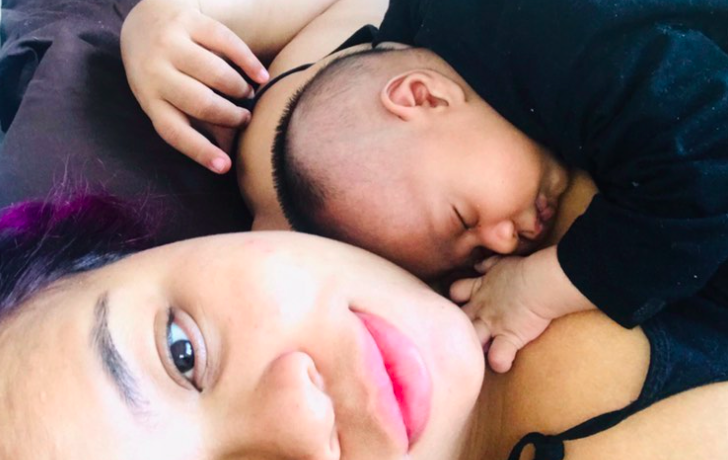
I struggled with postnatal depression and I still struggle with the trauma I experienced. It haunts me. I felt like I was in a nightmare that just wouldn’t end, straight from a horror movie. I kept asking myself if this was a dream, this couldn’t possibly have happened to me.
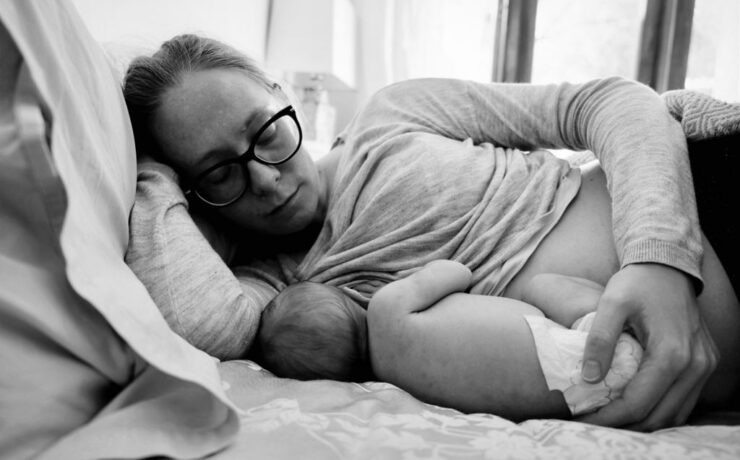
I have decided to share my story and join the movement of advocacy for obstetric violence and birth trauma because I need to know that there is action and advocacy for a better experience the next time around. For my next baby and for other women from all walks of life.
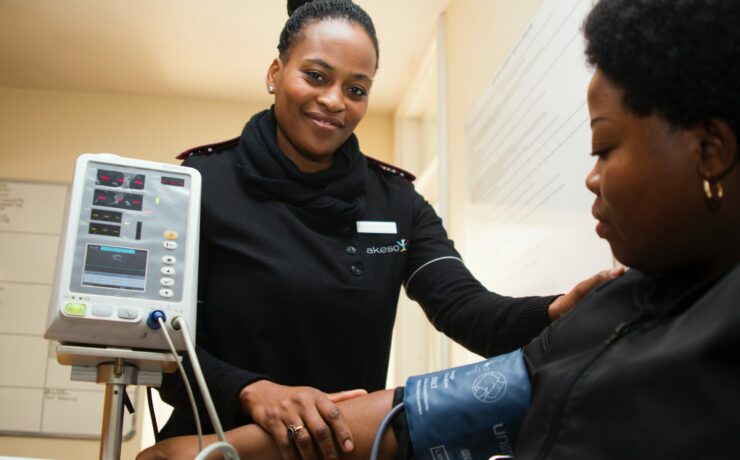
Gestational diabetes is a type of diabetes that is diagnosed during pregnancy. It happens when your body can’t make enough insulin, a hormone that lowers the level of glucose in the blood – which can cause health problems in mother and baby.
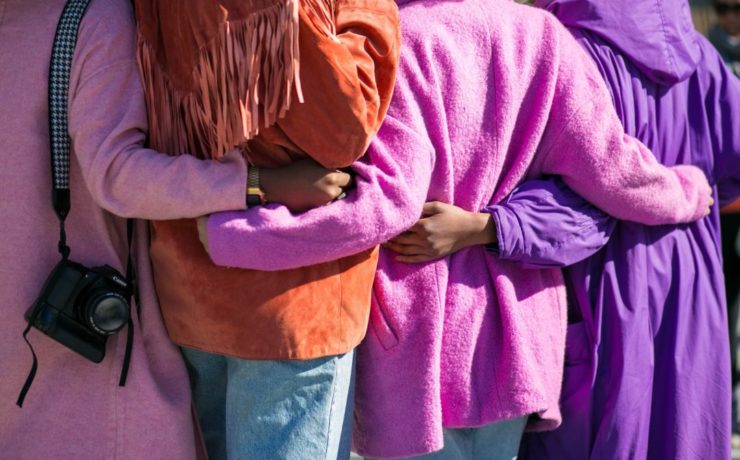
Be brave, celebrate the victory’s, deep breaths, have faith in the journey and purpose and most importantly: YOU GOT THIS MAMMA.